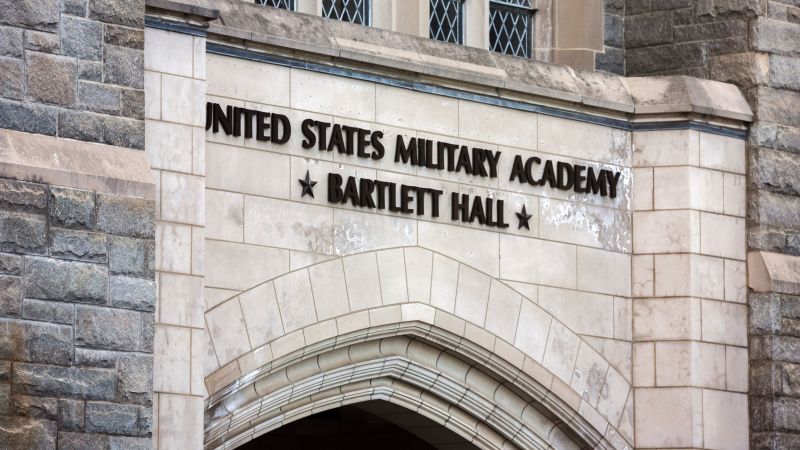The Pentagon recently mandated that all military academies should undertake the identification and elimination of specific books from their libraries that touch on subjects such as race and gender ideology, along with other topics deemed “divisive.” This directive comes from a memorandum acquired by CNN, which outlines an initiative believed to be at odds with the core objectives of the department. The memorandum, dated last Friday, was signed by the acting deputy undersecretary of defense for personnel and readiness. Along with the directive, the memo announces the formation of a temporary Academic Libraries Committee. This committee comprises leaders, educators, and library specialists from across the Defense Department, tasked with identifying and reviewing the contentious literature.
The urgency of this initiative is underscored by a deadline set for May 21, by which date the problematic books must be identified and separated for a more thorough examination. To facilitate the detection of these texts, the newly established committee has already compiled a set of terms that may serve as guidelines for military leaders. These search terms include phrases such as “Affirmative action,” “anti-racism,” “allyship,” “diversity in the workplace,” “gender transition,” “white privilege,” and “critical race theory.” Each of these terms encapsulates discussions that have sparked extensive debate and controversy within educational and social contexts, and their significance in contemporary discourse cannot be overstated.
The creation of this special committee signifies a marked escalation of efforts by the Defense Department to root out content associated with “diversity, equity, and inclusion” (DEI) initiatives within military academies. Notably, the Naval Academy has already been proactive in this regard, having removed approximately 400 books from its primary library. This action aligns with an executive order issued by former President Donald Trump in January, which directed K-12 schools to eliminate all DEI-related content. The scope of this order was later expanded to include military academies, a move publicly supported by Secretary of Defense Pete Hegseth.
The Naval Academy’s initiatives have not been without controversy; it recently canceled a lecture by author Ryan Holiday after he declined to withdraw slides from his presentation that criticized the academy’s book removal policies. Such drastic measures indicate a broader trend of censorship that is now emerging at various educational institutions, leading to significant backlash from academia and beyond.
A poignant illustration of this conflict is provided by the experience of Graham Parsons, a tenured philosophy professor at the United States Military Academy at West Point. In an op-ed published in the New York Times, Parsons disclosed his resignation after thirteen years, citing the aggressive revision of curricula, cancellation of courses, and censorship of academic discourse that he believed catered to the ideological preferences of the Trump administration. His claims suggest that West Point is interpreting the orders from Secretary Hegseth in a way that broadly stifles academic freedom and critical thought.
In the aftermath of Parsons’ resignation, Hegseth publicly dismissed him, tweeting, “You will not be missed, Professor Parsons.” The Department of Defense subsequently characterized Parsons as “woke,” a term often employed to discredit those advocating for social justice and equity initiatives.
The ramifications of these policies extend beyond individual academies, affecting students in Defense Department schools globally. Reports indicate that subjects such as AP Psychology and various student clubs have been banned, directly impacting educational opportunities. The American Civil Liberties Union (ACLU) has responded by filing a lawsuit against the Department of Defense, emphasizing the potential violation of students’ rights amid these sweeping changes.
Moreover, the consequences of this ideological purge have been felt in digital spaces as well, with articles discussing significant historical events—such as the Holocaust and the September 11 attacks—as well as critical health issues like cancer awareness, sexual assault, and suicide prevention being flagged for removal from Pentagon websites to comply with the newly imposed guidelines.
As indicated in the Friday memo regarding the committee handling the book removals, the review process will purportedly be “deliberate” and executed by “experts in the fields of education and the department’s mission.” However, the authenticity and credibility of this claim remain under scrutiny, particularly in light of the sweeping nature of the actions already taken. The implications of these decisions will likely resonate for years, raising questions about academic freedom, the integrity of educational practices, and the military’s relationship with contemporary social issues.



